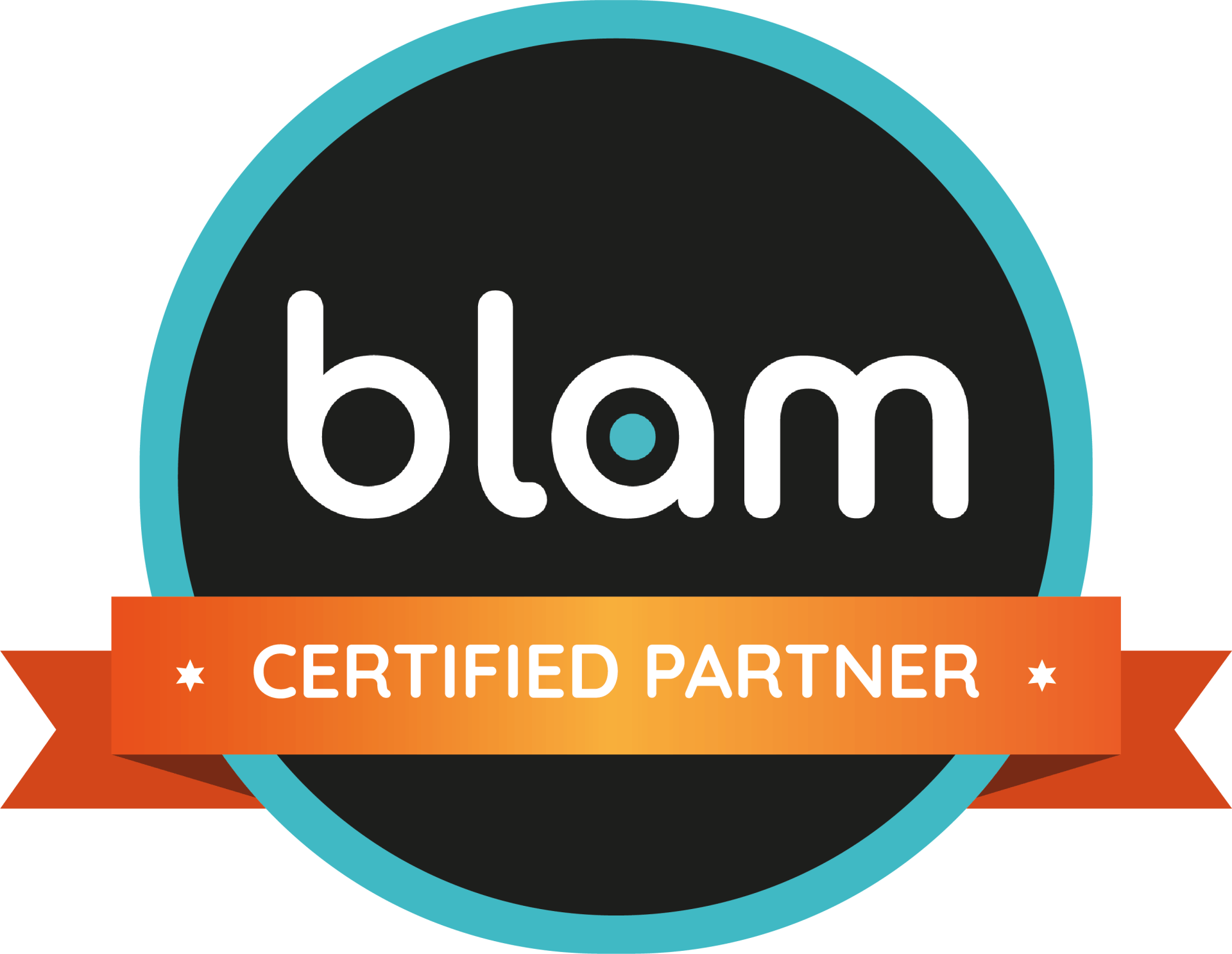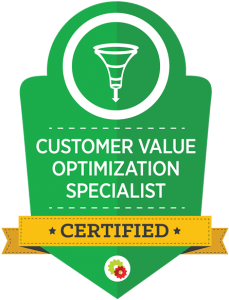Unlocking Growth: How SEO Empowers Small and Medium Businesses
In today's digital landscape, having a strong online presence is no longer optional for businesses—it's essential. For small and medium enterprises (SMEs), Search Engine Optimization (SEO) has emerged as a powerful tool to level the playing field and compete with larger corporations. Let's explore how SEO can revolutionize your marketing strategy and drive sustainable growth.
What is SEO?

SEO is the practice of optimizing your website to rank higher in search engine results pages (SERPs) for relevant keywords. It involves various techniques to improve your site's visibility, credibility, and user experience.
Why SEO Matters for SMEs
1. Cost-Effective Marketing: Unlike paid advertising, SEO provides long-term benefits without ongoing costs. Once you've optimized your site, you can continue to attract organic traffic without paying for each click.
2. Targeted Traffic: SEO helps you reach users actively searching for your products or services. This targeted approach leads to higher conversion rates and better ROI.
3. Build Credibility: Ranking high in search results builds trust with potential customers. Users often perceive top-ranking sites as more credible and authoritative.
4. Local Visibility: For businesses serving specific geographic areas, local SEO can help you appear in "near me" searches and Google Maps, driving foot traffic to your physical location.
5. Compete with Larger Brands: SEO allows SMEs to compete with bigger companies by targeting niche keywords and providing valuable, relevant content.
Implementing SEO in Your Marketing Strategy

1. Keyword Research: Identify the terms your target audience uses when searching for your products or services. Focus on long-tail keywords with less competition.
2. On-Page Optimization: Optimize your website's content, meta tags, and structure to align with your target keywords and provide value to users.
3. Content Marketing: Create high-quality, informative content that addresses your audience's needs and questions. This establishes your authority and attracts backlinks.
4. Technical SEO: Ensure your website is fast, mobile-friendly, and easy for search engines to crawl and index.
5. Local SEO: Optimize your Google My Business listing, encourage customer reviews, and ensure your NAP (Name, Address, Phone) information is consistent across the web.
6. Link Building: Develop a strategy to earn high-quality backlinks from reputable websites in your industry.
Measuring SEO Success

Track key metrics like organic traffic, keyword rankings, conversion rates, and bounce rates to gauge the effectiveness of your SEO efforts. Use tools like Google Analytics and Google Search Console to monitor your progress and identify areas for improvement.
Conclusion
SEO is not just about ranking higher in search results—it's about connecting with your target audience, providing value, and growing your business sustainably. By incorporating SEO into your marketing strategy, you can increase your online visibility, attract more qualified leads, and achieve long-term success in the digital marketplace. Start optimizing today and watch your small or medium business thrive in the competitive online landscape.

CONTACT US TODAY !
Ready to transform your online presence?
Digital Marketing Services is more than just a service
—it’s your pathway to digital success.
Let’s create something extraordinary together—contact us now!





